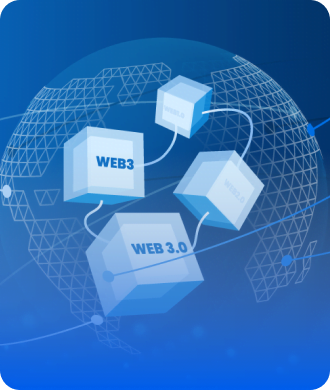
As software development becomes increasingly complex, DevOps services have become essential for streamlining the development process. By combining development and operations, DevOps tools help organizations to automate, manage, and monitor their software development pipeline. In this article, we will discuss the top 10 essential DevOps tools that can help you streamline your software development process and achieve better outcomes.
- Jenkins: Jenkins is an open-source automation server that is widely used in the DevOps community. It can help you automate various stages of the software development pipeline, including building, testing, and deploying your code. Jenkins can integrate with a wide range of other tools and services, making it a versatile solution for your DevOps needs.
- Docker: Docker is a containerization platform that helps you package your code and dependencies into a single unit. This makes it easier to deploy your applications across different environments and ensures consistency between development, testing, and production environments. Docker can also help you manage your infrastructure more efficiently, making it a valuable tool for DevOps teams.
- Azure DevOps: Azure DevOps is a cloud-based DevOps platform that can help you manage your software development pipeline. It includes tools for project management, source control, build and release management, and testing, making it a comprehensive solution for DevOps teams. Azure DevOps can integrate with a wide range of other Azure services, making it a popular choice for organizations using Azure.
- AWS DevOps: AWS DevOps is a cloud-based DevOps platform that can help you automate and manage your software development pipeline on AWS. It includes tools for continuous integration and deployment, testing, monitoring, and logging, making it a comprehensive solution for DevOps.
- Ansible: Ansible is an automation tool that can help you automate various tasks in your software development pipeline. It is particularly useful for configuration management, allowing you to define and manage your infrastructure as code. Ansible is easy to learn and can integrate with a wide range of other tools, making it a popular choice for DevOps teams.
- Git: Git is a version control system that can help you manage your code changes more effectively. It allows you to track changes, collaborate with other team members, and revert to previous versions if necessary. Git is essential for modern software development, and most DevOps teams use it as their primary version control system.
- Kubernetes: Kubernetes is an open-source container orchestration platform that can help you manage and scale your containers. It can automate various tasks, such as scaling, load balancing, and service discovery, making it easier to manage large-scale containerized applications. Kubernetes is widely used in the DevOps community and can integrate with a wide range of other tools and services.
- Nagios: Nagios is a monitoring tool that can help you monitor the health of your infrastructure and applications. It can alert you if there are any issues, allowing you to take corrective action before they become major problems. Nagios is highly customizable and can monitor a wide range of systems and services, making it a valuable tool for DevOps teams.
- Terraform: Terraform is an infrastructure-as-code tool that can help you define and manage your infrastructure in a declarative way. It allows you to define your infrastructure using a high-level configuration language, making it easier to manage complex environments. Terraform can integrate with a wide range of other tools and services, making it a popular choice for DevOps teams.
- Grafana: Grafana is a visualization tool that can help you monitor and analyze your infrastructure and application metrics. It can integrate with a wide range of data sources, including time-series databases, allowing you to create custom dashboards and alerts. Grafana is highly customizable and can help you gain insights into your application performance, making it a valuable tool for DevOps teams.



